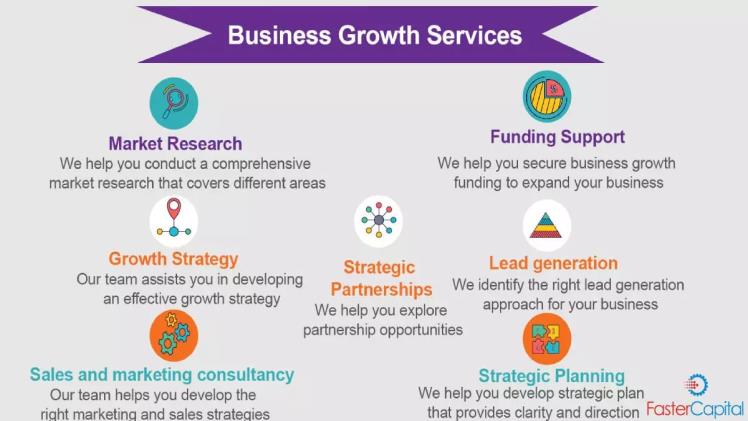How to Get Your Boss to Pay for Your CISA (By Proving It Was Their Idea All Along)
Let’s be honest. You see things at work other people miss. You see the digital duct tape holding critical systems together. You feel that jolt of anxiety when a sketchy email makes it past the filters, or when you hear leadership talking about a new tech project and you just know it’s going to be a money pit.
And you know that a CISA certification isn’t just another line on your resume; it’s the professional toolkit you need to start actually fixing these things.
The only problem is that awkward conversation with your boss. How do you ask them to invest thousands in your training without it sounding like, “Hey, can you pay for my career advancement?”
Here’s the secret: You don’t ask. You advise. You shift the entire conversation from a personal request to a strategic business proposal. You’re not an employee asking for a perk; you’re an insider who has identified a critical vulnerability and is presenting a cost-effective way to patch it. The CISA Training is just the implementation phase of your plan.
Let’s walk through how to build a case so logical and compelling that by the end, your boss isn’t just approving a request—they’re championing a smart business decision.
Step 1: Tune Into Your Company’s Real-World Headaches
Before you even think about the cost of a cisa course, you need to become a student of your company’s anxieties. What are the problems that are actually costing money and causing stress right now?
- The “Oh Crap” Moments in Security: It’s not a hypothetical threat. A recent IBM report found the average cost of a data breach in India has hit a staggering ₹22 crore. Think about that number. It’s not just an IT problem; it’s a potential company-killer. How many near-misses has your company had this year alone?
- The Ghosts of Tech Projects Past: Remember that big software rollout that was supposed to make everything better but just made everyone’s job harder? A huge percentage of IT projects fail to deliver on their promises, not because the tech is bad, but because there’s a huge gap between what the tech does and what the business actually needs. That’s wasted time, money, and morale.
- The Regulation Boogeyman: When you hear acronyms like GDPR or the DPDP Act, is there a sense of calm confidence in the room, or a quiet, collective panic? These regulations come with multi-million dollar fines, and “hoping for the best” is not a compliance strategy.
You see these issues every day. Your goal is to connect the dots for your leadership. Your desire to get the certified information systems auditor cisa certification isn’t a personal ambition; it’s a direct response to these clear and present dangers.
Step 2: Translate “CISA-Speak” into “Business-Speak”
Your manager doesn’t care about the five domains of IT auditing. They care about efficiency, profitability, and not ending up on the news for the wrong reasons. Your job is to be the translator.
Instead of saying, “I’ll learn about information asset protection,” try this:
“I’ll learn to think like a hacker so I can find our security blind spots before they do. This is about preventing the kind of breach that costs companies like ours an average of ₹22 crore and destroys customer trust.”
Instead of, “I’ll master IT governance,” say this:
“I’ll be able to audit our tech spending to make sure every rupee we invest in software is actually making us more efficient or profitable. We can stop buying shiny objects and focus on tools that give us a real return.”
And instead of, “I’ll understand business resilience,” frame it like this:
“I can stress-test our plans for when things go wrong. So, when a server inevitably fails or a ransomware attack hits, we’re not dead in the water for days. I can help make sure we’re back up in hours, saving a fortune in lost revenue.”
You’re no longer just talking about skills. You’re talking about saving money, protecting revenue, and safeguarding the company’s reputation.
Step 3: Make “Yes” the Only Logical Conclusion
You’ve laid out the “why.” Now you have to make the “how” so simple and logical that it feels like the obvious next step.
First, show you’ve done the legwork on the training itself. A generic, low-quality cisa training online program is a waste of time. You need something focused and effective. This is where you can show your strategic thinking.
You could say: “I’ve researched a few options, and for something this critical, a CISA Boot Camp is the most efficient route. It’s an immersive, focused environment designed to get me certified and applying these skills quickly, which is a much better use of company time and money than a drawn-out course.”
Then, you put it all together in a simple, powerful way. Don’t just talk; give them something tangible.
The One-Page Proposal: This is your secret weapon. Walk into the meeting with a single sheet of paper. No dense paragraphs. Just clear, simple bullet points:
- The Risks We Face Today: (e.g., Mention the ₹22 crore data breach stat, a recent failed project, or compliance fears).
- The Solution: A proactive, in-house audit and risk management capability, led by a professional with a certified information systems auditor cisa certification.
- The Immediate Payoff: (e.g., “I’ll start by auditing our top 3 most critical systems to identify immediate cost-savings and security gaps.”).
- The Investment: The cost for a high-quality certified information systems auditor course that will deliver these results.
When you frame the conversation this way, you’re not asking for a favor. You’re demonstrating your commitment to the company’s health and future. You’re inviting your boss to partner with you on a critical initiative. You’re walking in as a problem-solver, and that’s a conversation every leader is eager to have.







